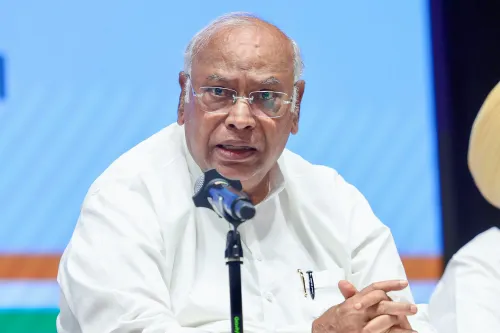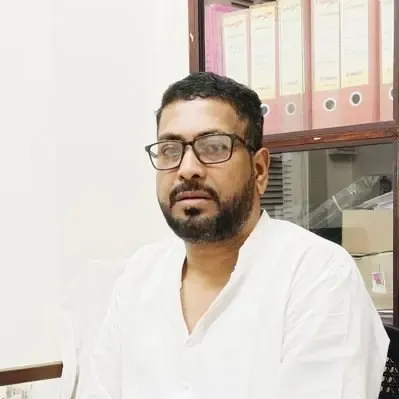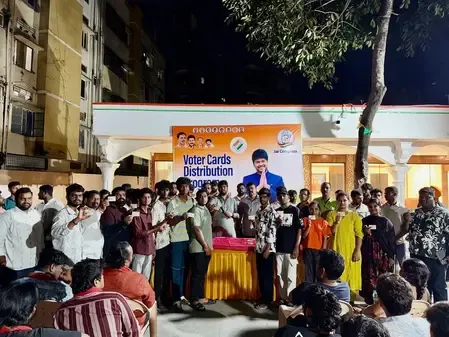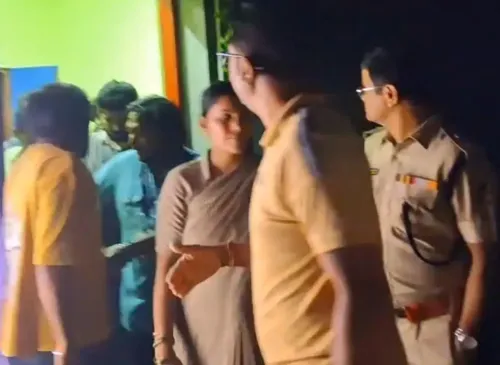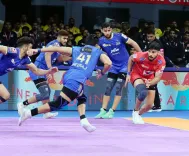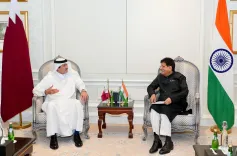Is it now clear? Political reactions surge after acquittals in the 2008 Malegaon blast case
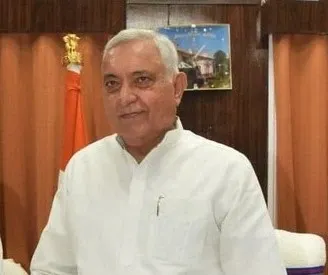
Synopsis
Key Takeaways
- The acquittal of the accused has reignited political debates.
- Criticism of the prosecution's performance has emerged.
- The case highlights the complexities of politically charged legal situations.
- Acquittal does not equate to exoneration in public perception.
- Legal outcomes can influence future investigations and political dynamics.
New Delhi, Aug 1 (NationPress) The acquittal of all seven individuals involved in the 2008 Malegaon blast case has sparked significant political responses across various parties. Leaders are questioning the prosecution's integrity, defending the ruling, and accusing past administrations of manipulating the investigation.
The special NIA court in Mumbai declared all seven defendants, including former BJP MP Pragya Singh Thakur and Lt. Col. Prasad Shrikant Purohit, not guilty, citing insufficient evidence and discrepancies in the prosecution’s argument. The blast resulted in the deaths of six individuals and left over 100 injured.
“Upon thorough examination, the prosecution has not provided any credible evidence, and the evidence presented is filled with inconsistencies. Consequently, the Court must grant the benefit of doubt to all who are accused,” remarked Special Judge A.K. Lahoti during the judgment.
In response to the ruling, JD(U) MP Devesh Chandra Thakur expressed approval, stating: “What can anyone say about a court's ruling? The judgment should be respected as it stands. Now, the situation is entirely clear; this is not a hasty decision. This case is longstanding, and many individuals, including armed forces members and young Sadhvi Pragya, were wrongfully accused. Everything is now transparent.”
In a more politically charged statement, Uttar Pradesh Minister Narendra Kashyap accused former governments of bias. “There were suspicions about this all along, and the BJP has highlighted this on numerous occasions. In the Malegaon blast case, instead of targeting the true perpetrators, the prior governments went after Hindu organizations and sants, labeling it as 'bhagwa aatankwad' to tarnish the image of Hindus and followers of Sanatan Dharma,” he asserted.
Samajwadi Party MP Afzal Ansari, while refraining from directly commenting on the acquittals, expressed concerns about the prosecution's quality: “It is abundantly clear that the prosecution was unable to substantiate its claims before the court. Now, the question arises—who was overseeing the prosecution and who bore responsibility for its management?”
BJP MP Jagannath Sarkar alleged a wider conspiracy, claiming: “This is a significant plot orchestrated by the Congress. The party has consistently opposed the nation, given that this is a Hindu-majority country... They have systematically acted against Hindus and the interests of India. Therefore, they propagated 'bhagwa atankwad' but ultimately failed.”
The Malegaon blast on September 29, 2008, resulted in six fatalities and injuries to over 100 individuals. This case, which transitioned between the Maharashtra ATS and the NIA, has been a focal point of political discourse, particularly concerning the term 'saffron terror' that emerged during initial investigations.
The court's ruling, almost 17 years post-incident, has not only concluded a legal chapter but also reignited political divisions surrounding this sensitive case.

